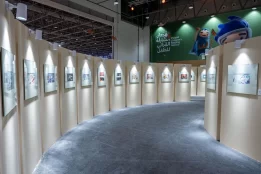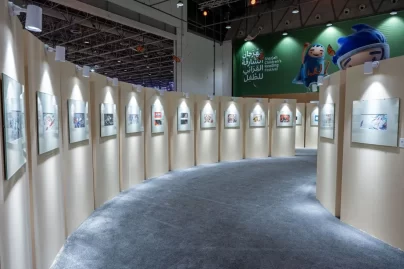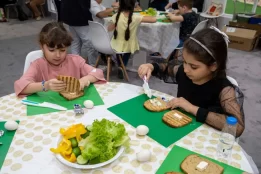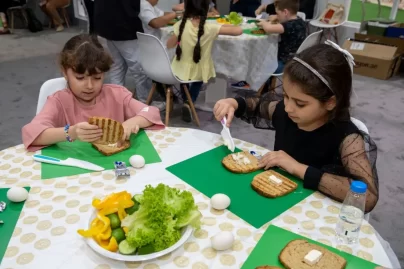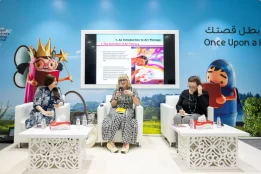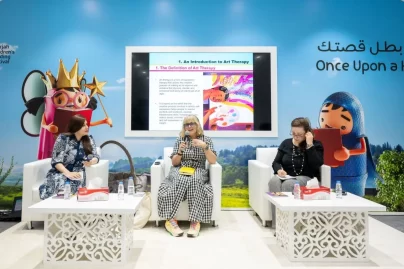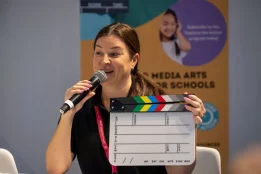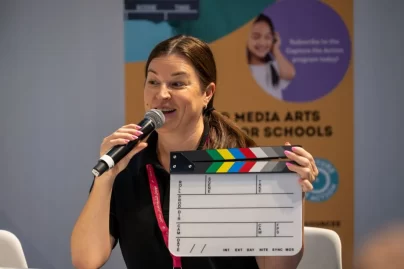VarunaBlue awarded for tackling the water challenge at the Expo 2020 Dubai
Thu 16 Dec 2021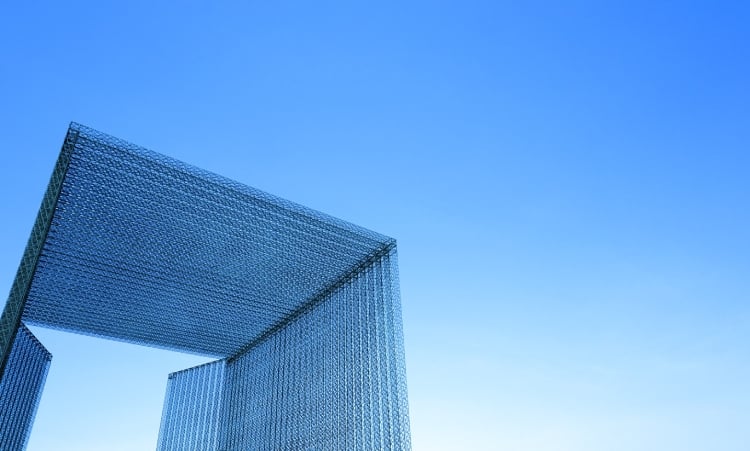
DUBAI: An initiative that creates bioplastics from seaweed farmed off coastal India has been announced as the winner of the Hack for Earth Awards at Expo 2020 Dubai’s UN Hub. The winning team, VarunaBlue, was awarded USD 10,000, a study visit to Stockholm to connect with the Swedish innovation ecosystem, and the Hack for Earth Award Cup.
The Hack for Earth hackathon is a global online event that ran for two weeks from October 22 to November 7, with teams working to find real solutions to the 17 United Nations’ Sustainable Development Goals in seven categories.
The award was presented by Maher Nasser, Commissioner-General of the United Nations at Expo 2020 Dubai: “The Head Jury finds that the winner of Hack for Earth has created a viable solution that has the potential to create real change for our future. The solution will harness innovation through the production of bioplastics from seaweed while keeping waters safe, free of plastics while unlocking opportunities for female farmers. It is an outstanding solution in regards to the criteria, comprehensibility, realisability, innovativeness, socio-scalability, [and] solving for the Sustainable Development Goals.”
VarunaBlue team member, Tessa Dronkers said: “We never expected to make it so far… We’re super excited to take our innovation to the next level and with your help, I think we can actually make this work. So, thank you so, so much.”
During the ceremony, the seven category winners presented their solutions to various problems to the Head Jury Group. The category winners were picked from 1,371 teams from 121 countries. VarunaBlue has initially won in the category, ‘Water.’
In the category, ‘Partnership’, the social enterprise, Luminous Teen was the winner. It intends to popularise self-paced teen employment and ensure a certain degree of financial independence through high-school enrichment, corporate connection and internships. The aim is to accelerate early-age employability, with a vision to help eliminate child labour by 2025.
In the category, ‘Environment’, the winner, Sustainability Insights, created an app to quantify the net environmental impact of the decisions stakeholders have made so they can better understand how their behaviour impacts the environment. It is hoped this will incentivise stakeholders to commit to changes by reflecting on the improved impact they will have if they change their behaviour.
In the category, ‘Health’, the winner, Nittiv, was inspired by the challenges created by the COVID-19 pandemic. Its solution connects travellers to a list of local wellness operators, guides and experts, which also has the potential to create jobs for people living in remote and rural areas, as well as increased health benefits.
In the ‘Human Rights’ category, DMoLL, created a solution to the human right of “equal access to internet connection and knowledge.” Not everyone in the world has internet access and the team came up with a solution that uses solar panels to solve the problem in a sustainable way.
In the category, ‘Sustainable Society’, the winner Recy-Block used building and housing material solutions to integrate eco-friendly practices and green technologies in its products, to make housing more affordable and accessible for all. Plastic waste and plastic-based gear are turned into eco-friendly construction material.
In the ‘Education’ category, the winner, UN-EduPass came up with a global grading standard for education that can be recognised by any university or future employer in the world. The aim is to increase educational opportunities and enhance the mobility of youngsters around the globe through evaluating and translating students’ qualifications and grades.
All the seven category winners will join the Build for Earth acceleration programme.
Source: Expo 2020 Website

 May 03 2024
May 03 2024
